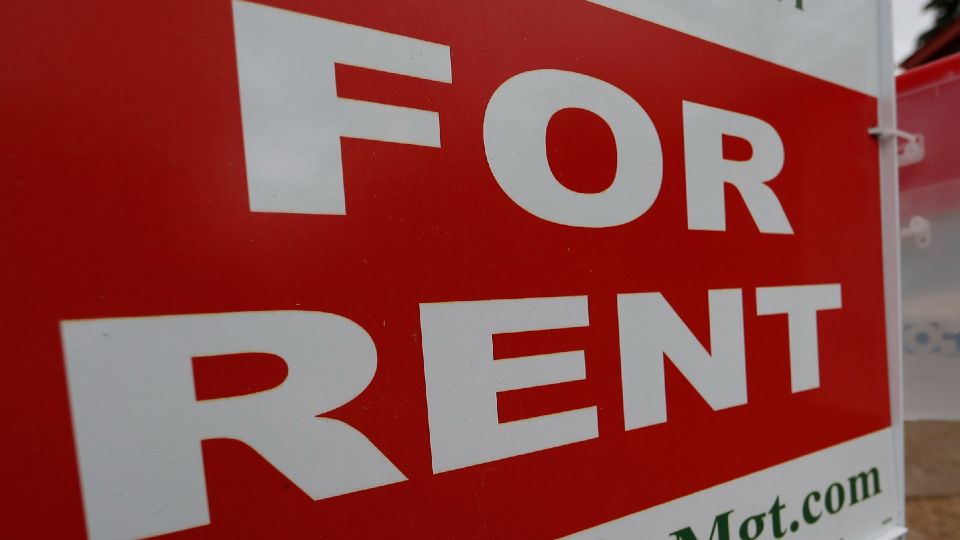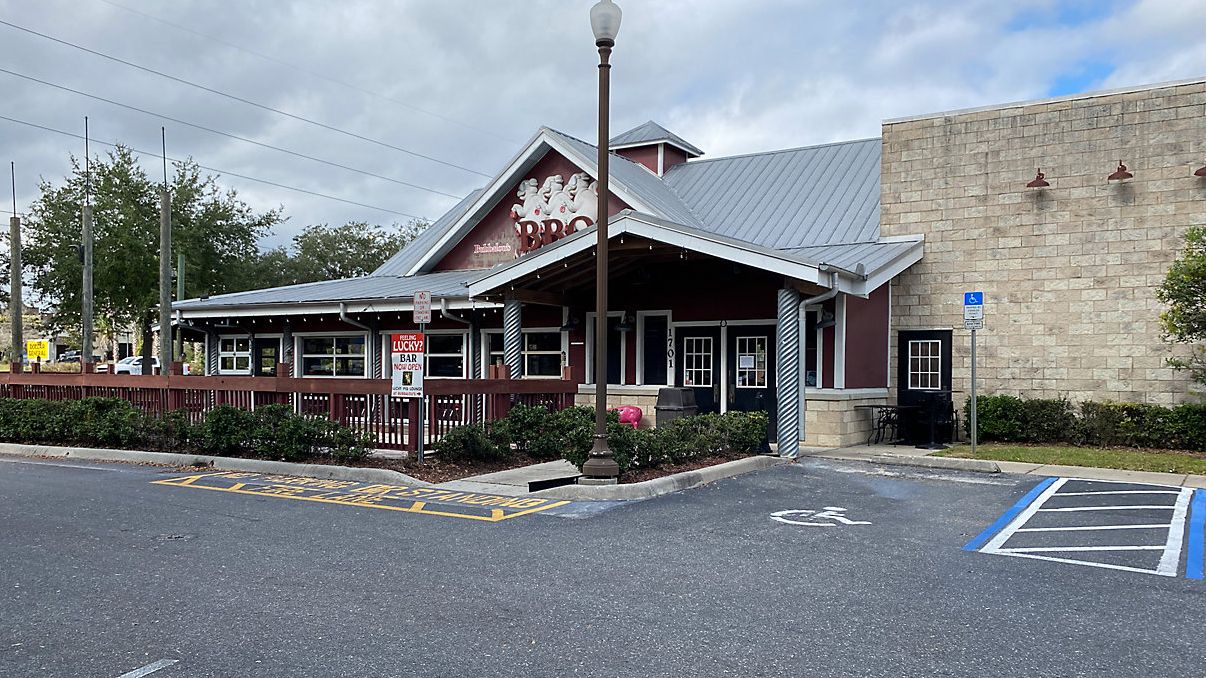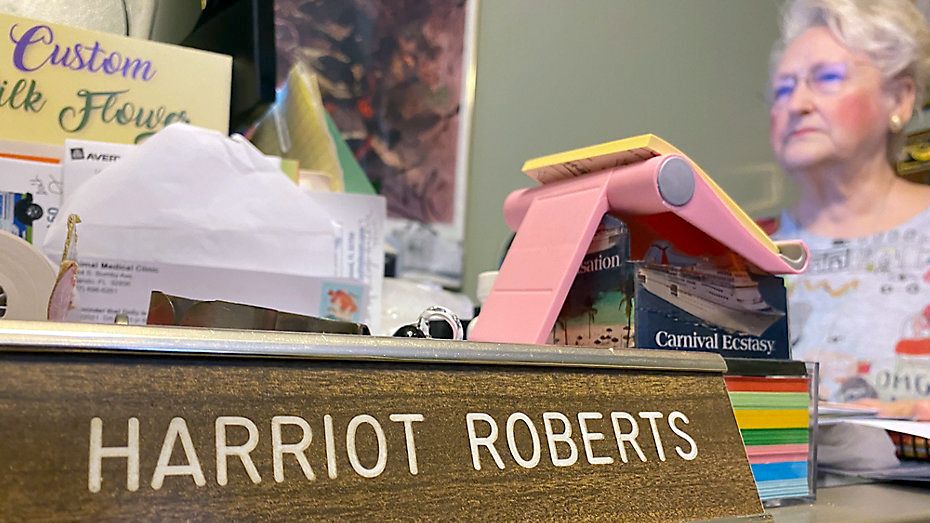CENTRAL FLORIDA — More help is on the way for tenants in Central Florida who are at risk of losing their homes due to pandemic hardships.
What You Need To Know
- Many counties have their own emergency rental assistance program
- Helps tenants in danger of eviction due to pandemic
- Residents will have to meet certain qualifies in order to get assistance
ORANGE COUNTY
ORANGE COUNTY, Fla. — More help is on the way for tenants in Orange County who are at risk of losing their homes due to pandemic hardships.
The Orange County Emergency Rental Assistance Program opened at 10 a.m. Monday. Eligible renters can sign up here when the application portal opens.
The income-based program for county residents, not including City of Orlando residents, will distribute $33.4 million in federal funds to make direct payments to landlords for qualifying residents, according to county officials.
The funds can cover up to $10,000 or 12 months of past-due rent from April 1, 2020 to present.
Tenants’ income cannot be more than 80% of the Area Median Income. That means a single person’s income cannot be more than $40,750 per year and a family of four cannot make more than $58,150 per year.
This new emergency program replaces the county’s prior CARES Act eviction diversion program, which began last August.
Officials say that program provided more than $11.2 million in assistance and helped 3,571 individuals and families stay in their homes.
BREVARD COUNTY
Brevard County has assigned more than $18 million for an emergency rental assistance program for income-eligible residents impacted during the pandemic.
It is designed to give financial assistance and housing stability services, such as rent, utilities, and home energy costs.
To qualify, it is for households that have an income at or below 80% of an area median income ($55,350 for a family of four).
The eligibility requirements include:
- Applicant is a resident of Brevard County.
- Applicant is at or below 80% of Area Median Income.
- The applicant must sign all required documents (application, social security number waiver, release/request of information, etc.) or their application will be rejected/denied.
- Documentation of all income from the entire Household as reported on the Household Income Section of the application (include 2 months of bank statements, paystubs, etc., or a 2020 tax return (IRS Form 1040)).
- All members of a household must be accounted for in the application.
For applications filled out by hand, please make sure that the writing is clear and legible.
The application can be found here.
FLAGLER COUNTY
Flagler County Human Services is providing emergency assistance services to low-income residents and can help with rent and utility payments that are past due. Plus, mortgage assistance may also be provided.
Additional information can be found here.
LAKE COUNTY
Lake County residents can find information about emergency rental assistance right here.
OSCEOLA COUNTY
Osceola County residents can fill out two forms to see if they are eligible for housing assistance, either for rental or mortgage support.
If your household received previous assistance through this program, there is no need to re-apply. A staff person from the county’s human services will reach out to you for continued assistance.
Only one submission is needed. Multiple submissions will not increase your chances of being selected during the lottery process.
The following sites are available to Osceola County residents.
- https://www.osceola.org/agencies-departments/human-services/housing/
- https://osceola.formstack.com/forms/covid_rental_assistance
SEMINOLE COUNTY
Seminole County now has an emergency rental assistance program for people who need help with rent and/or utilities. For more information about eligibility and the application process, head to the Seminole County website.
VOLUSIA COUNTY
While Volusia County's emergency rental assistance program is in the development stage, it will provide help with past due rent, past due utility payments, and utility assistance for families who are eligible.
Assistance can cover up to one year, but households must be re-certified every three months to continue to get help. This program is expected to be available starting in March and more information can be found here.
Also, the county’s Human Services department has several assistance programs that are not tied to COVID, such as the Low-Income Home Energy Assistance Program and other rental and mortgage problems.
To learn more about these programs, go here for more.








